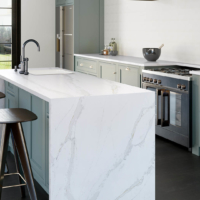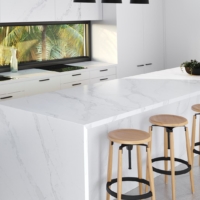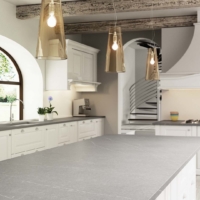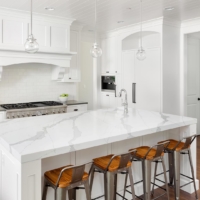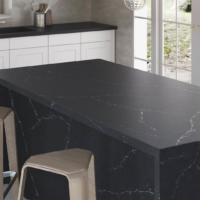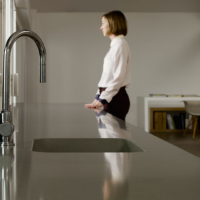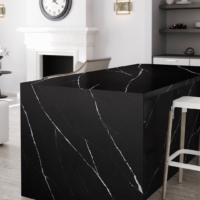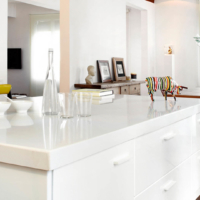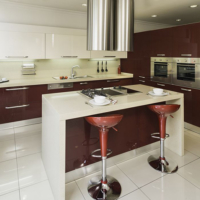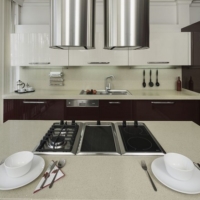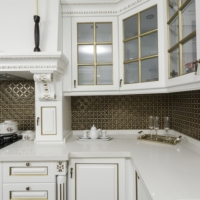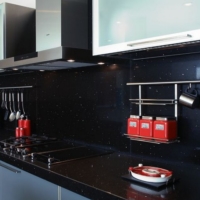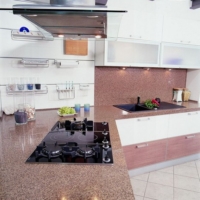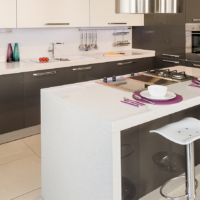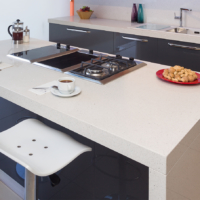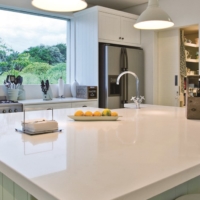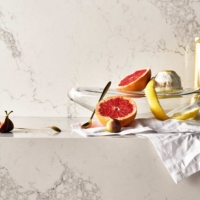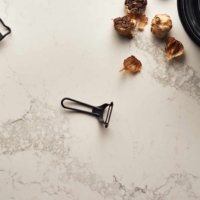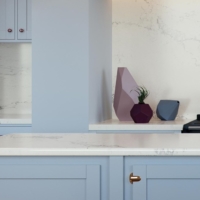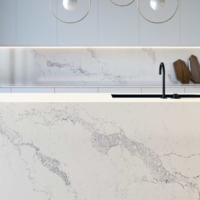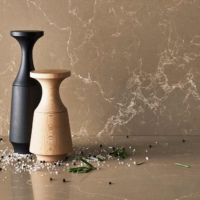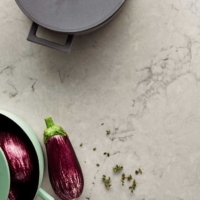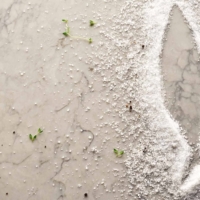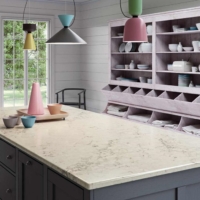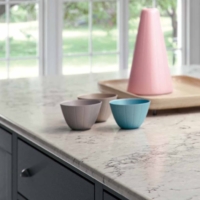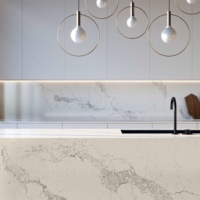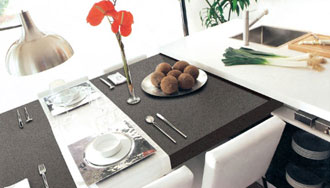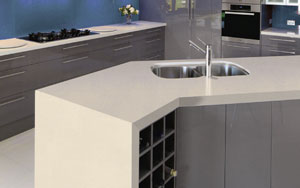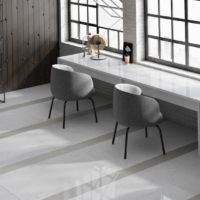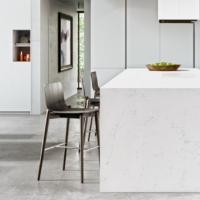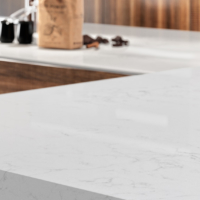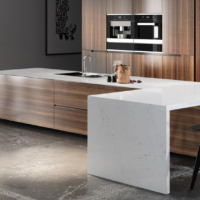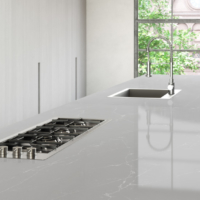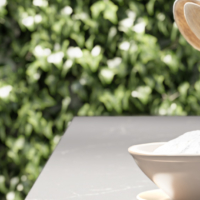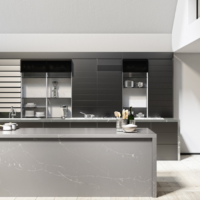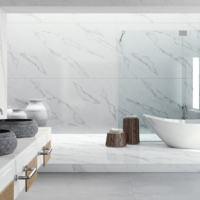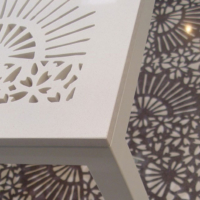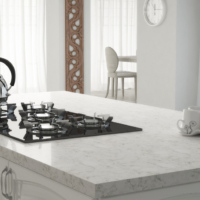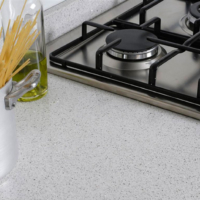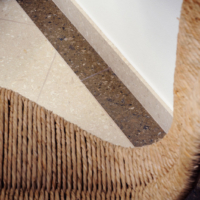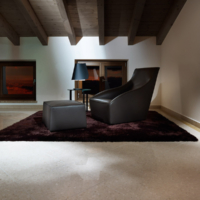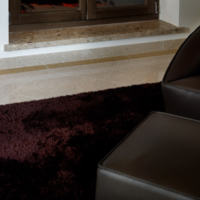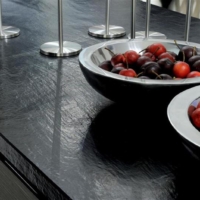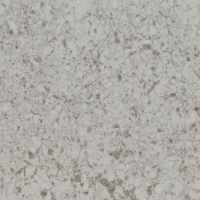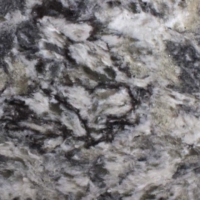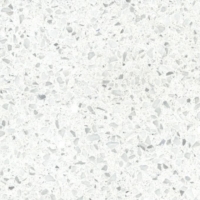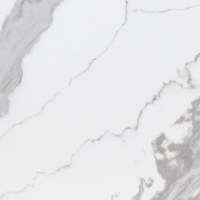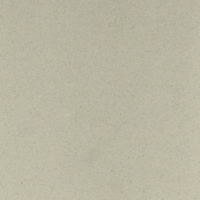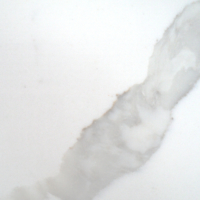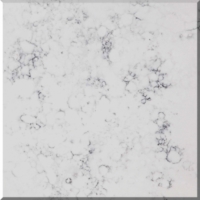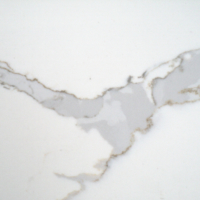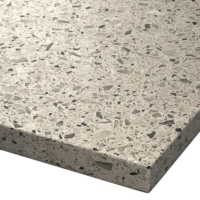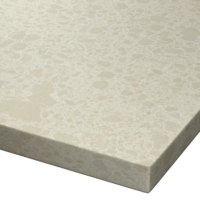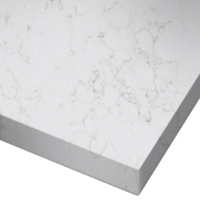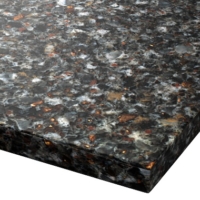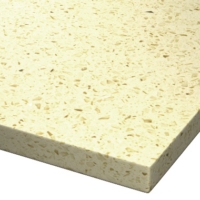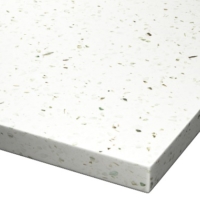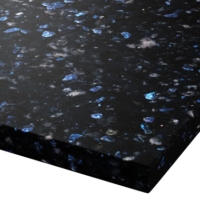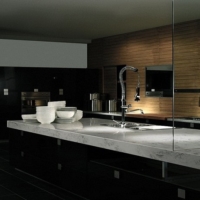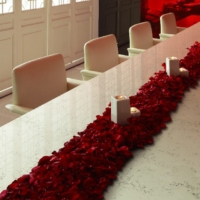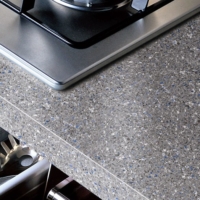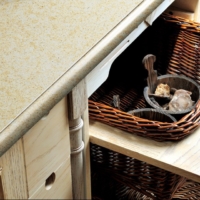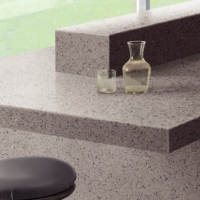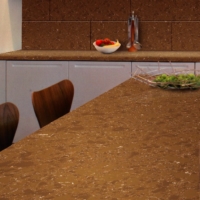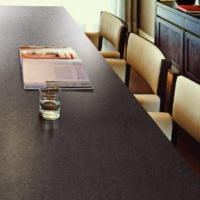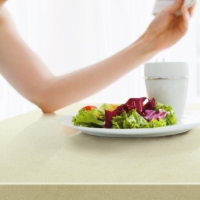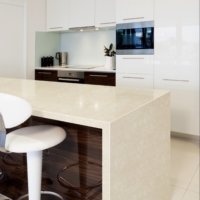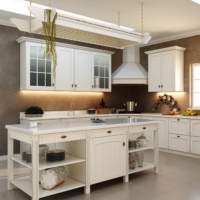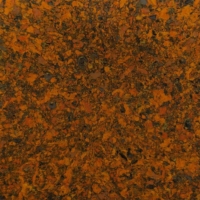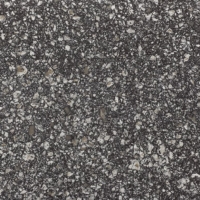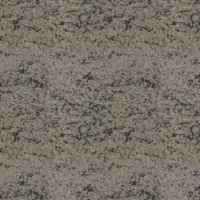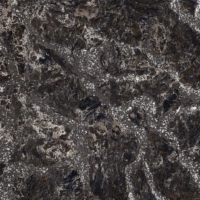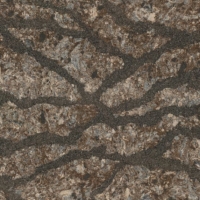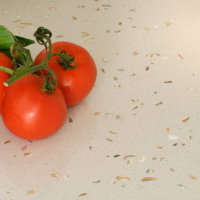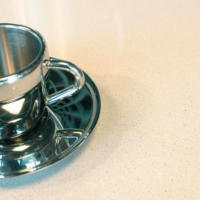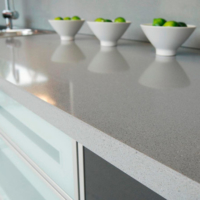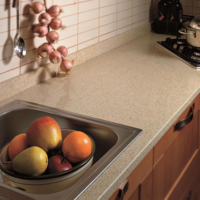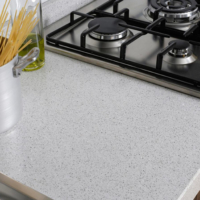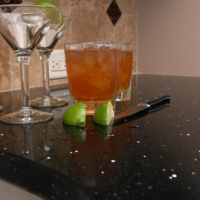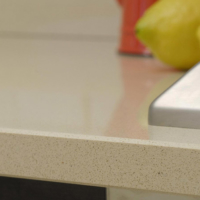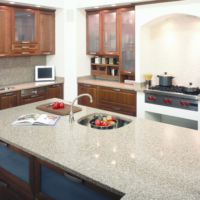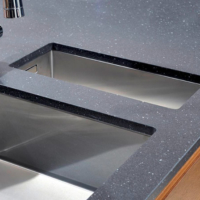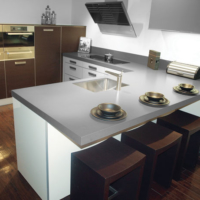Black marble countertops bring a sense of luxury and sophistication to any kitchen or bathroom. Their bold, dramatic appearance makes them a popular choice for homeowners looking to create a striking design. However, like all natural stones, black marble requires proper care to maintain its beauty and prevent stains, scratches, and etching.
In this comprehensive guide, we’ll cover everything you need to know about maintaining your black marble countertops, including cleaning techniques, stain prevention, and long-term care tips.
Understanding Black Marble’s Unique Properties
Before diving into the maintenance routine, it’s important to understand what makes black marble different from other stone surfaces:
- Porous Nature: Like all marbles, black marble is porous, which can absorb liquids and stain if not properly sealed.
- Acid Sensitivity: Black marble is highly sensitive to acidic substances, which can cause etching (dull spots or marks).
- Scratch Susceptibility: It is softer than granite or quartz, making it prone to scratches if not handled carefully.
- Shows Smudges & Dust: Unlike lighter marble, black marble shows fingerprints, dust, and smudges more prominently, requiring regular cleaning.
With these properties in mind, let’s explore the best ways to care for black marble countertops.
Daily Cleaning Routine
A simple yet consistent cleaning routine will help maintain the shine and durability of your black marble countertops.
1. Use a Soft, Damp Cloth for Daily Wiping
To prevent dust and smudges from accumulating, wipe your countertops daily with a damp microfiber cloth.
- Steps:
- Use a clean, soft microfiber cloth with warm water.
- Wipe down the surface in circular motions.
- Dry with another clean cloth to prevent water spots.
2. Use pH-Neutral Cleaners for Regular Cleaning
Since acidic and abrasive cleaners can damage marble, always use a pH-neutral stone cleaner or mild dish soap.
- How to Clean:
- Mix a few drops of mild dish soap with warm water.
- Dampen a microfiber cloth and gently wipe the surface.
- Rinse with clean water and dry with a soft towel.
Avoid using vinegar, lemon juice, bleach, or ammonia-based cleaners, as these can dull the marble’s finish and cause etching.
Preventing Stains and Etching
Since black marble is porous and susceptible to staining, preventive measures are essential.
3. Seal Your Marble Countertops Regularly
Sealing your black marble countertops provides a protective layer against stains and moisture.
- How Often to Seal:
- Every 6 to 12 months, depending on usage.
- Test if sealing is needed by placing a few drops of water on the surface. If it absorbs quickly, it’s time to reseal.
- How to Apply a Sealer:
- Clean the countertop thoroughly and let it dry.
- Apply a high-quality marble sealer with a soft cloth.
- Let it absorb for 10-15 minutes.
- Wipe off excess sealer and buff for a polished finish.
4. Use Coasters, Trivets, and Mats
Prevent direct contact with liquids and heat by using:
- Coasters under glasses, especially with coffee, wine, and citrus drinks.
- Trivets or heat-resistant mats under hot pots, pans, and dishes.
- Placemats to protect against food spills and oil stains.
5. Clean Up Spills Immediately
Black marble can quickly absorb liquids, leading to permanent stains if spills are left unattended.
- How to Handle Spills:
- Blot, don’t wipe! Use a paper towel to soak up the spill without spreading it.
- Clean the area with warm water and a mild soap.
- Dry thoroughly to prevent moisture damage.
Removing Stains from Black Marble
If stains do occur, don’t panic! Here are methods for removing common stains from black marble countertops.
6. Removing Water Spots and Hard Water Marks
Hard water can leave behind mineral deposits that dull the surface.
- Solution:
- Wipe the area with a mixture of water and baking soda.
- Rinse and dry thoroughly.
- Use a marble-safe polish for extra shine.
7. Removing Oil-Based Stains (Cooking Oils, Grease, Butter)
Oil stains can darken the surface and leave a noticeable mark.
- Solution:
- Mix baking soda and water into a paste.
- Apply to the stain and cover with plastic wrap.
- Let sit overnight, then wipe clean with warm water.
8. Removing Acidic Stains (Wine, Coffee, Juice)
Acidic spills can cause etching, which appears as dull spots.
- Solution:
- Use a marble polishing powder designed for etching.
- Lightly buff the area with a soft cloth.
- Rinse and dry completely.
Preventing Scratches and Wear
Black marble is softer than granite, making it prone to scratches if not handled carefully.
9. Avoid Dragging Heavy Objects
- Lift objects instead of sliding them across the countertop.
- Use felt pads under heavy kitchen appliances to prevent surface damage.
10. Use a Cutting Board
Never cut directly on the marble surface, as knives can leave visible scratches. Always use a cutting board when chopping or slicing food.
Polishing and Long-Term Maintenance
To keep your black marble countertops looking luxurious, occasional polishing and long-term maintenance are necessary.
11. Polish Occasionally for Extra Shine
Black marble can lose its luster over time, but occasional polishing can restore its glossy finish.
- How to Polish:
- Apply a marble-safe polish to the surface.
- Buff gently with a microfiber cloth in circular motions.
- Wipe away any excess polish for a smooth finish.
12. Schedule Professional Maintenance
If your countertops have deep stains, scratches, or etching that cannot be fixed with DIY methods, consider hiring a professional stone restoration expert for resealing and refinishing.
Final Thoughts
Caring for black marble countertops requires regular maintenance, but with the right approach, you can keep them looking elegant for years to come. By following a daily cleaning routine, sealing regularly, using protective accessories, and addressing stains immediately, you can prevent damage and maintain the luxurious appeal of your black marble surfaces.
With proper care, your black marble countertops will remain a stunning and functional feature in your home, adding timeless beauty to your kitchen or bathroom.

